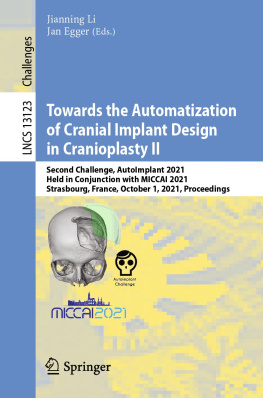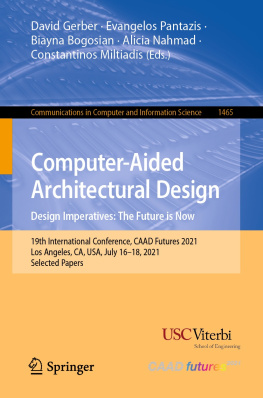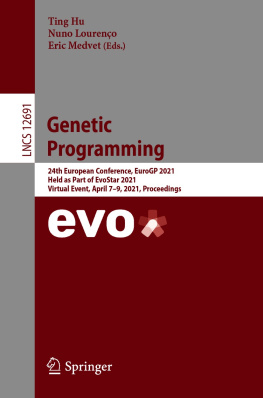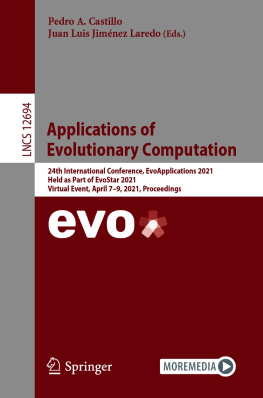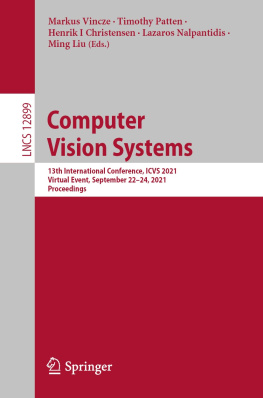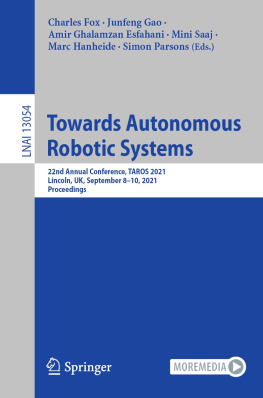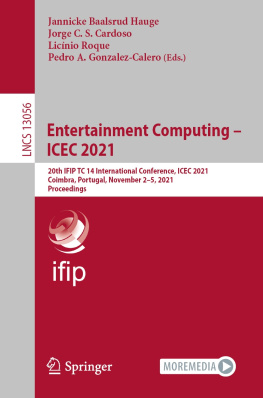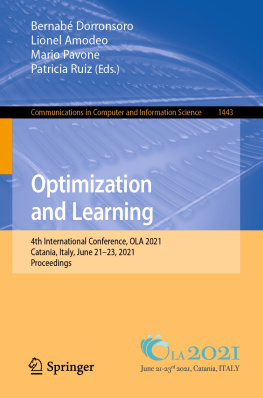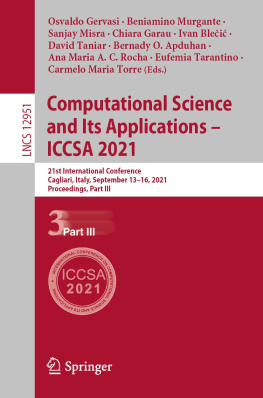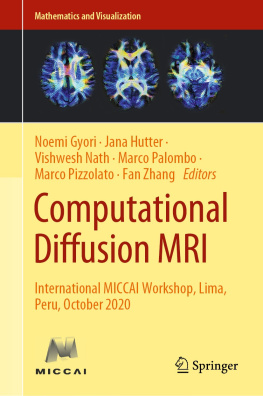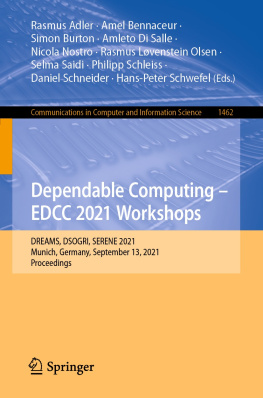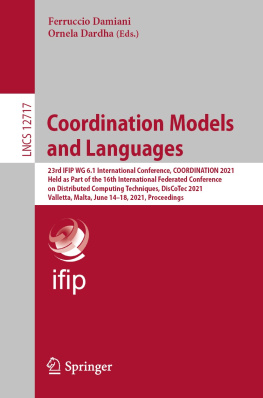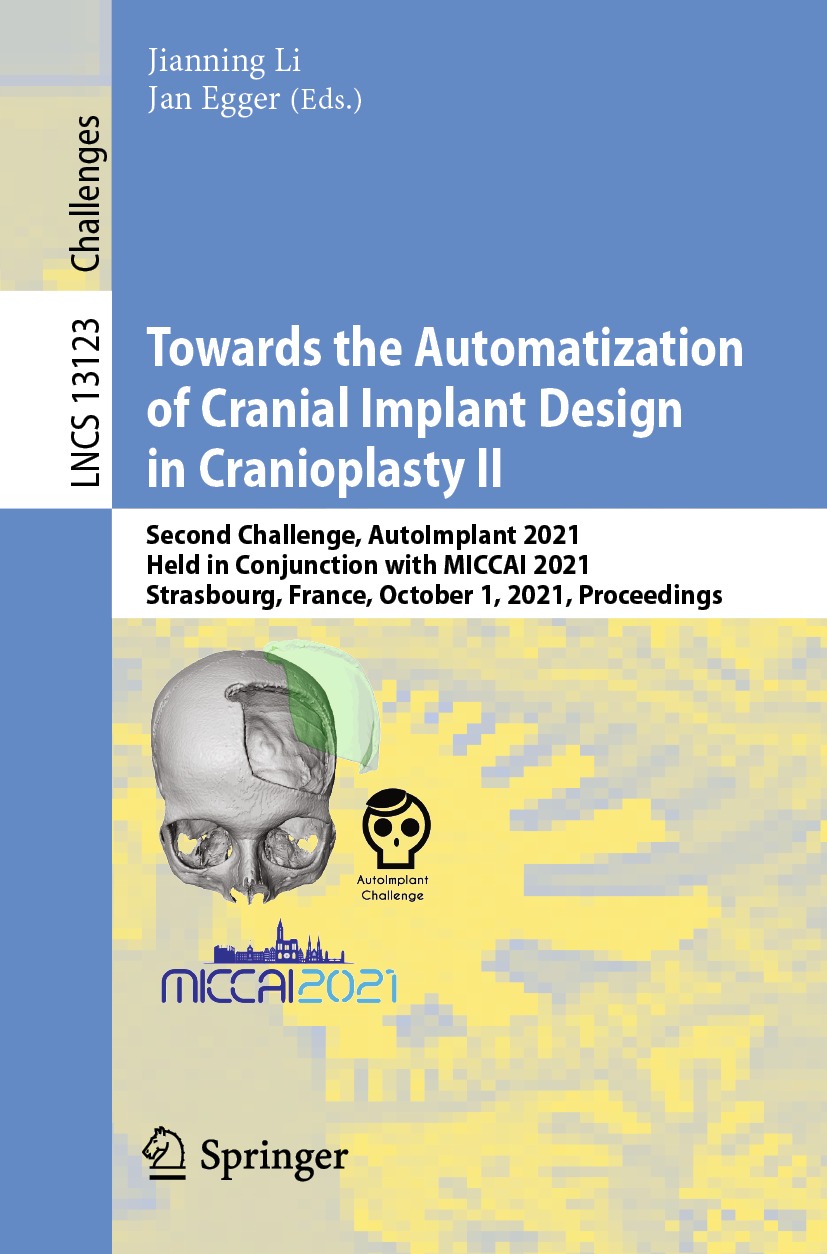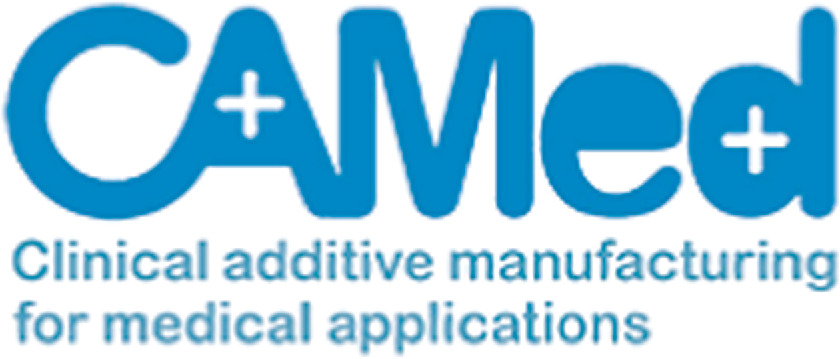Jianning Li - Towards the Automatization of Cranial Implant Design in Cranioplasty II: Second Challenge, AutoImplant 2021, Held in Conjunction with MICCAI 2021, ...
Here you can read online Jianning Li - Towards the Automatization of Cranial Implant Design in Cranioplasty II: Second Challenge, AutoImplant 2021, Held in Conjunction with MICCAI 2021, ... full text of the book (entire story) in english for free. Download pdf and epub, get meaning, cover and reviews about this ebook. year: 2021, publisher: Springer, genre: Romance novel. Description of the work, (preface) as well as reviews are available. Best literature library LitArk.com created for fans of good reading and offers a wide selection of genres:
Romance novel
Science fiction
Adventure
Detective
Science
History
Home and family
Prose
Art
Politics
Computer
Non-fiction
Religion
Business
Children
Humor
Choose a favorite category and find really read worthwhile books. Enjoy immersion in the world of imagination, feel the emotions of the characters or learn something new for yourself, make an fascinating discovery.
- Book:Towards the Automatization of Cranial Implant Design in Cranioplasty II: Second Challenge, AutoImplant 2021, Held in Conjunction with MICCAI 2021, ...
- Author:
- Publisher:Springer
- Genre:
- Year:2021
- Rating:3 / 5
- Favourites:Add to favourites
- Your mark:
Towards the Automatization of Cranial Implant Design in Cranioplasty II: Second Challenge, AutoImplant 2021, Held in Conjunction with MICCAI 2021, ...: summary, description and annotation
We offer to read an annotation, description, summary or preface (depends on what the author of the book "Towards the Automatization of Cranial Implant Design in Cranioplasty II: Second Challenge, AutoImplant 2021, Held in Conjunction with MICCAI 2021, ..." wrote himself). If you haven't found the necessary information about the book — write in the comments, we will try to find it.
This book constitutes the Second Automatization of Cranial Implant Design in Cranioplasty Challenge, AutoImplant 2021, which was held in conjunction with the 24th International Conference on Medical Image Computing and Computer-Assisted Intervention, MICCAI 2021, in Strasbourg, France, in September, 2021. The challenge took place virtually due to the COVID-19 pandemic.
The 7 papers are presented together with one invited paper, one qualitative evaluation criteria from neurosurgeons and a dataset descriptor. This challenge aims to provide more affordable, faster, and more patient-friendly solutions to the design and manufacturing of medical implants, including cranial implants, which is needed in order to repair a defective skull from a brain tumor surgery or trauma. The presented solutions can serve as a good benchmark for future publications regarding 3D volumetric shape learning and cranial implant design.
Jianning Li: author's other books
Who wrote Towards the Automatization of Cranial Implant Design in Cranioplasty II: Second Challenge, AutoImplant 2021, Held in Conjunction with MICCAI 2021, ...? Find out the surname, the name of the author of the book and a list of all author's works by series.

